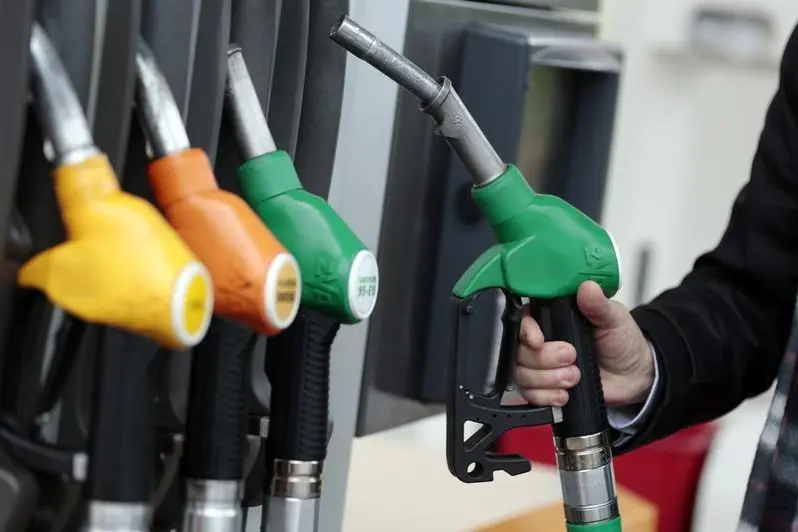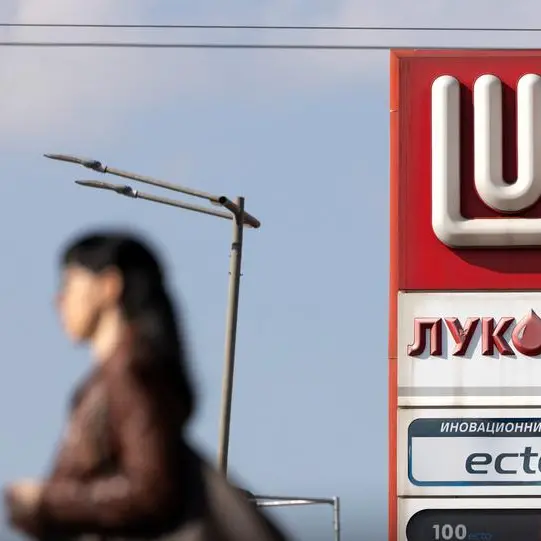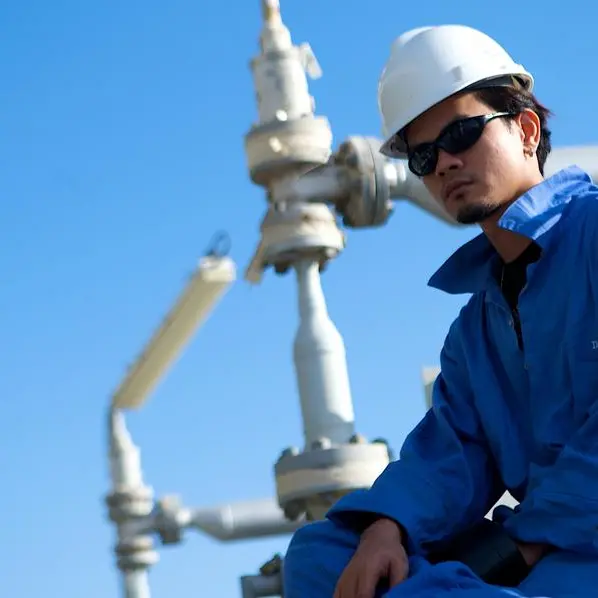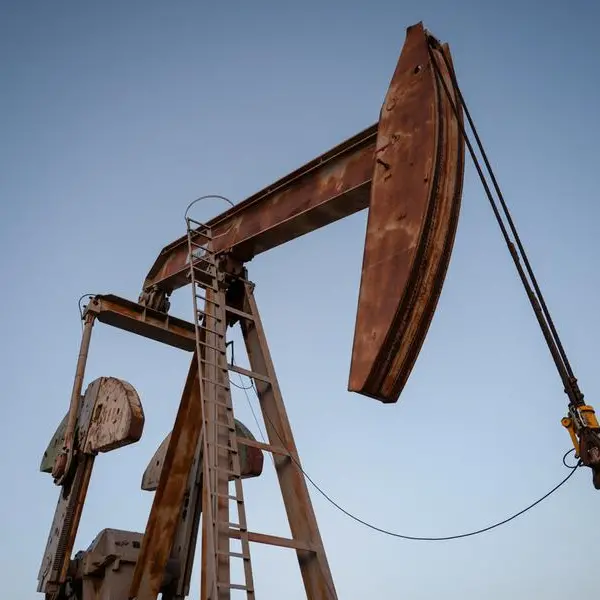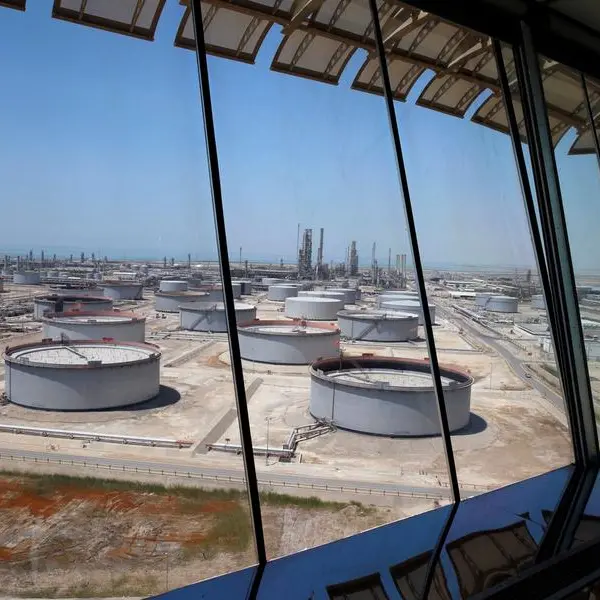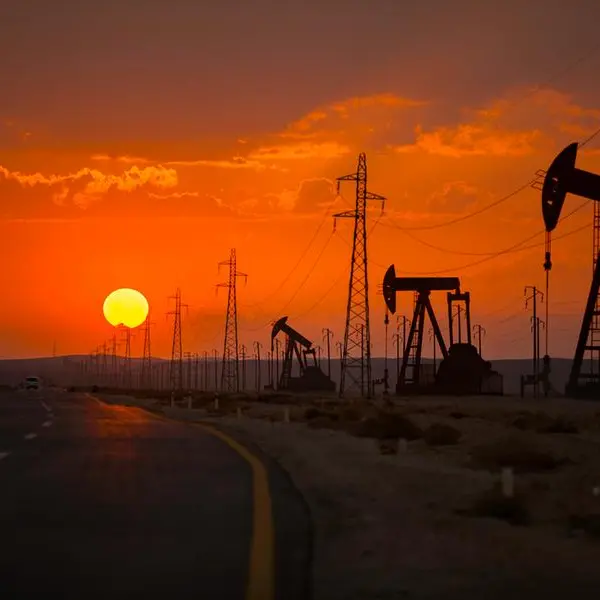PHOTO
The MENA region’s export potential for synthetic fuels from renewables could exceed Germany’s demand by a factor of 60-1m200, a study has found.
The study was conducted by the German Aerospace Centre, the Wuppertal Institute and the Institute for Future Energy and Material Flow Systems.
“In the most favourable locations, production costs could be between 1.92 and 2.65 euros per litre in 2030, and between €1.22 and €1.65 per litre in 2050,” the study found.
The export potential for synthetic fuels that could be produced for less than €2 per litre could be in the range of 28,000-50,000 terawatt hours (TWh) per year in 2050 depending on investment conditions, which can have a significant influence on total costs and the possible selection of export countries, it noted.
Nearly all MENA countries have significant potential to produce synthetic fuels at low cost, but the fuels would primarily come from countries with favourable technical potential and stable conditions.
A key challenge to realising this potential is MENA’s renewable energy production, according to the study.
By 2050, the MENA region may need about 4,500-9,000 Gigawatts (GW) to meet its own renewable needs.
“Currently, these scales and the necessary dynamics are not yet reflected in the expansion targets of most MENA countries. In addition to the development of production capacities for synthetic fuels on an industrial scale, the expansion of renewable energies would also have to be significantly intensified,” the study noted.
The study was conducted as part of the MENA Fuels project, funded by the Federal Ministry for Economic Affairs and Energy, which aims to develop roadmaps for the generation of sustainable synthetic fuels in the region for decarbonisation in Germany.
The study evaluated 17 MENA countries for the individual risks related to resources, political conditions, and framework conditions for investments.
“This is the first time that we have had a comprehensive analysis, which acts as a basis for further research, but also as a source of information and a base for decision-makers in industry and politics,” said Jürgen Kern, project manager for the study at the DLR Institute of Networked Energy Systems.
(Writing by Sowmya Sundar; Editing by Anoop Menon)
